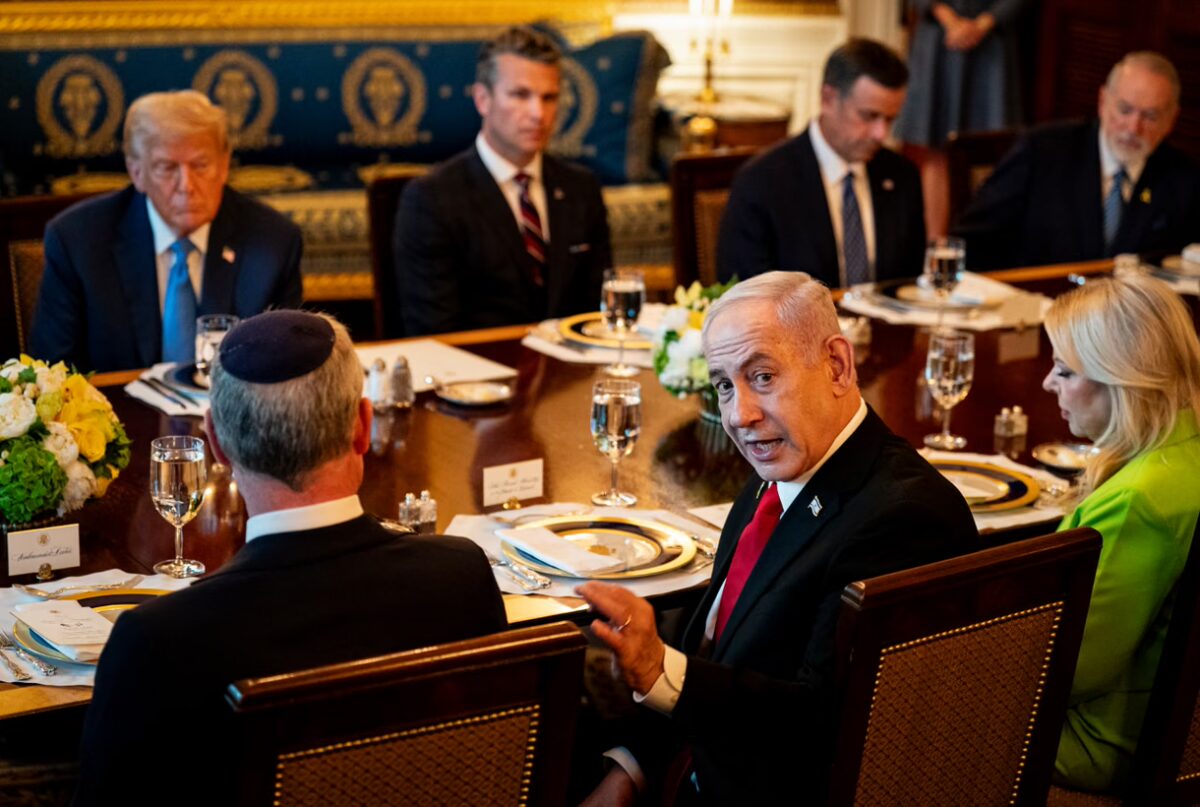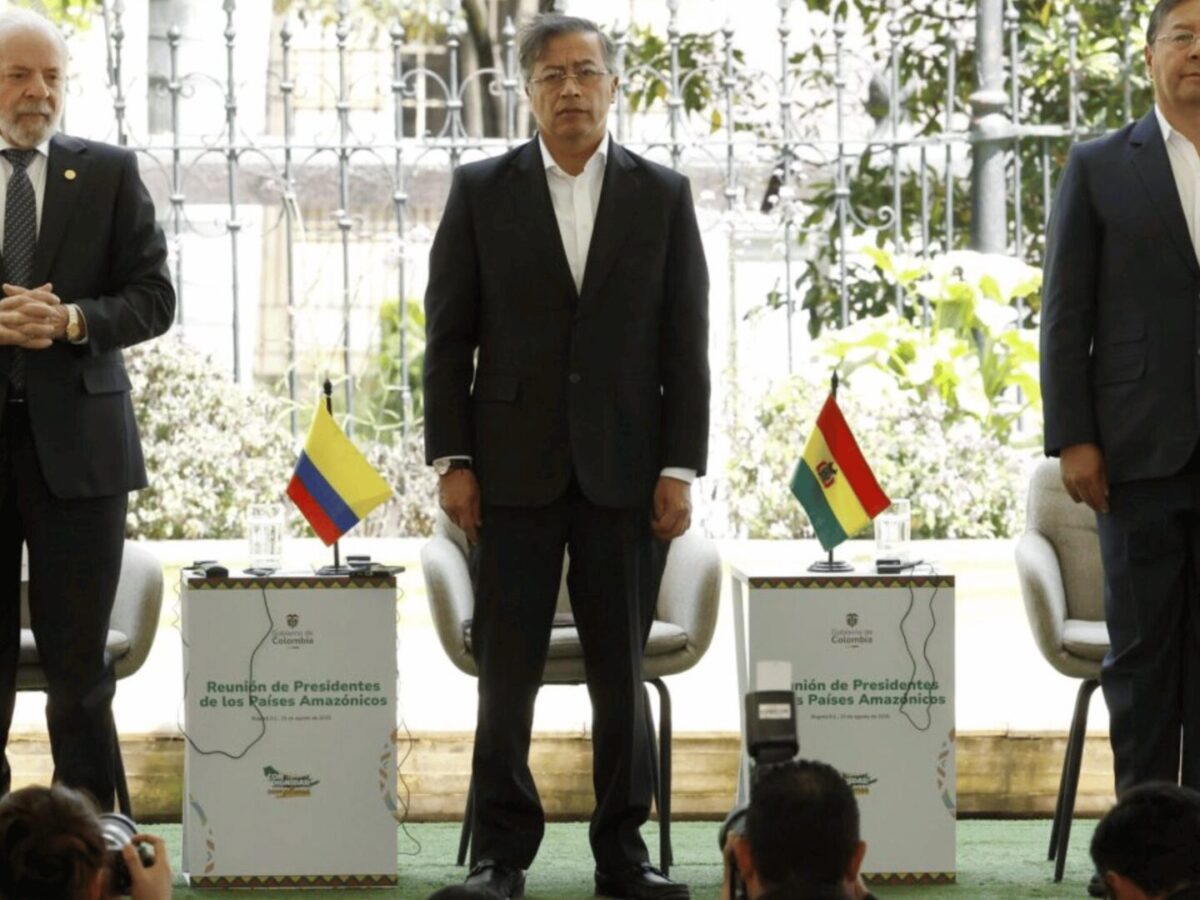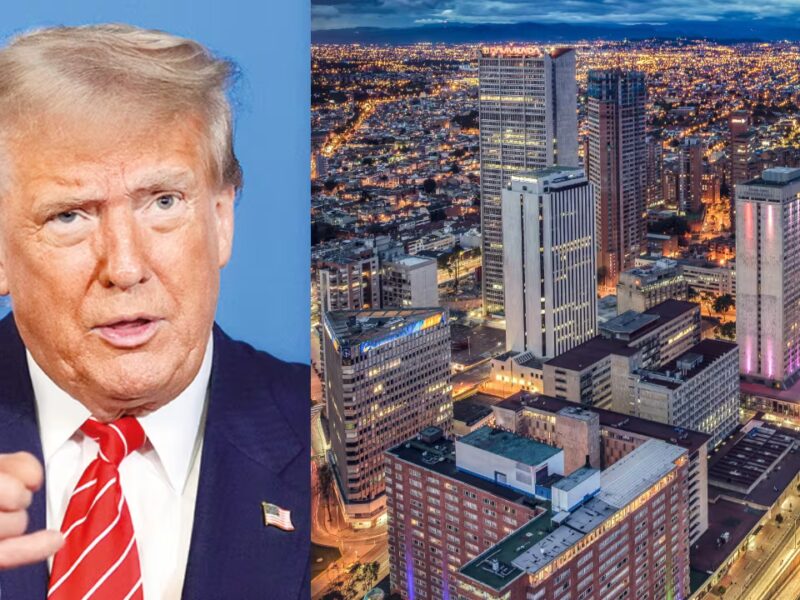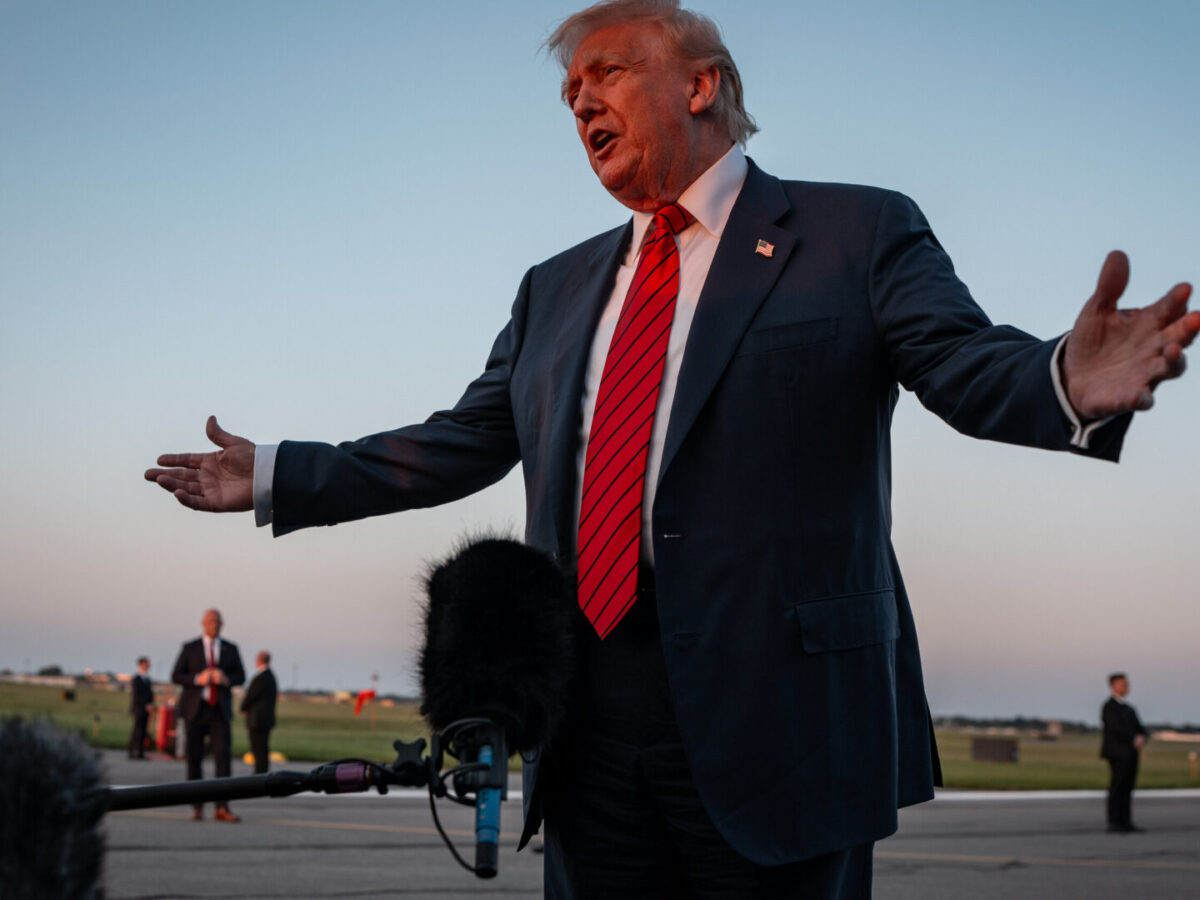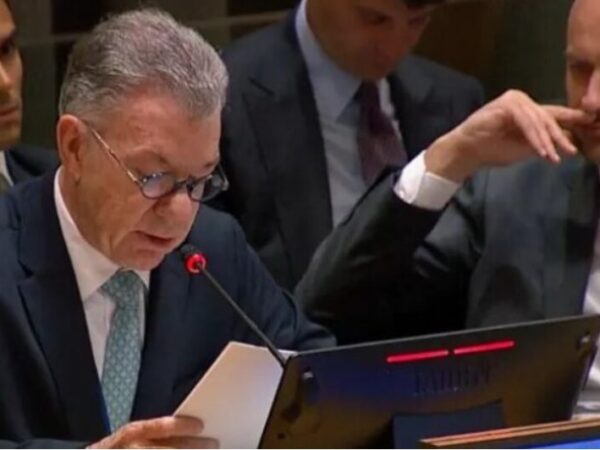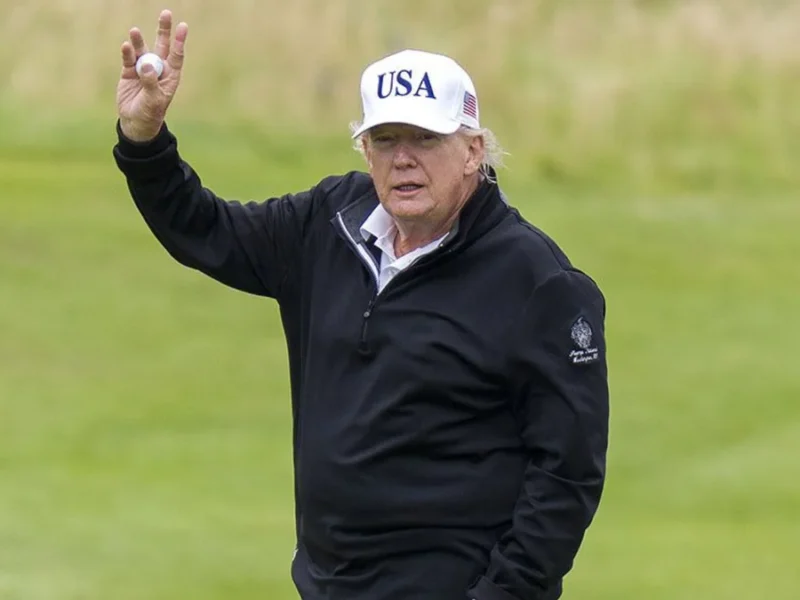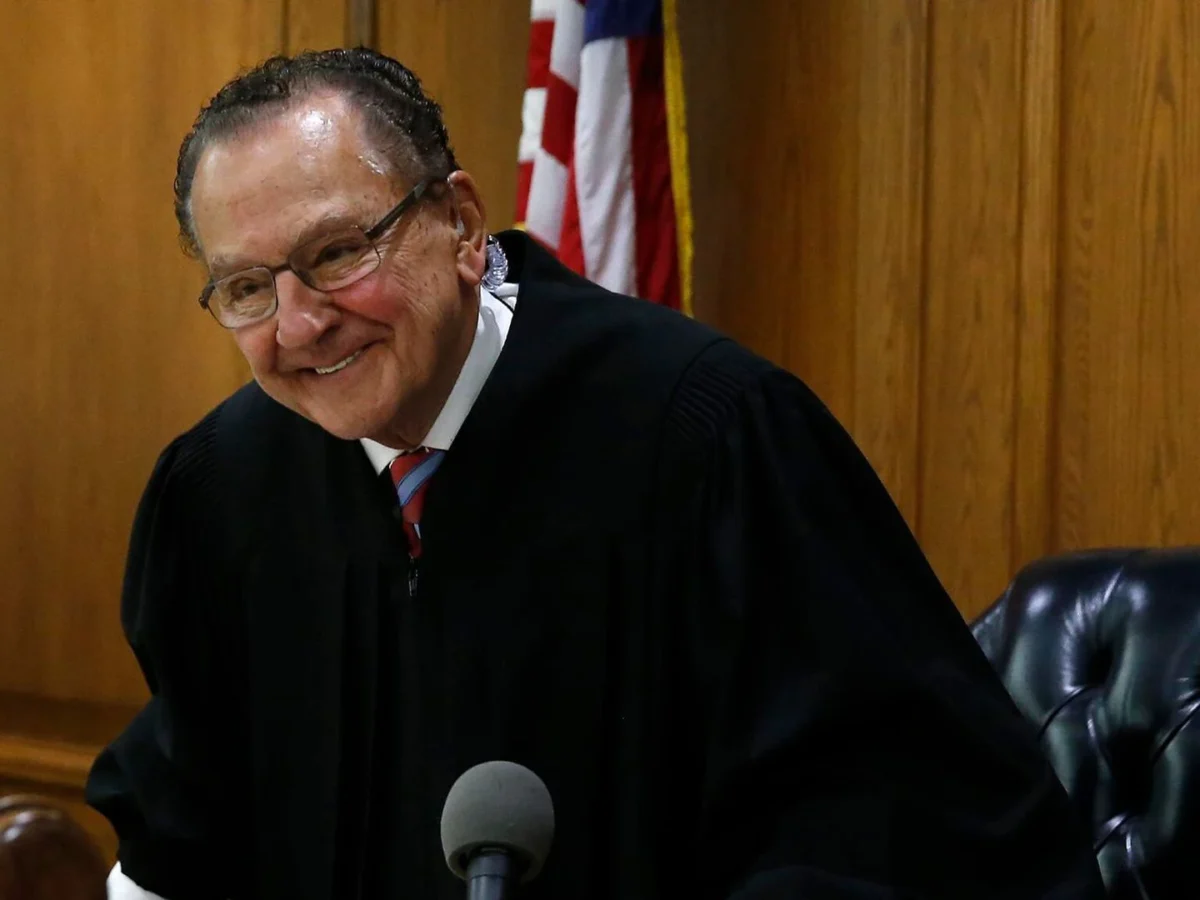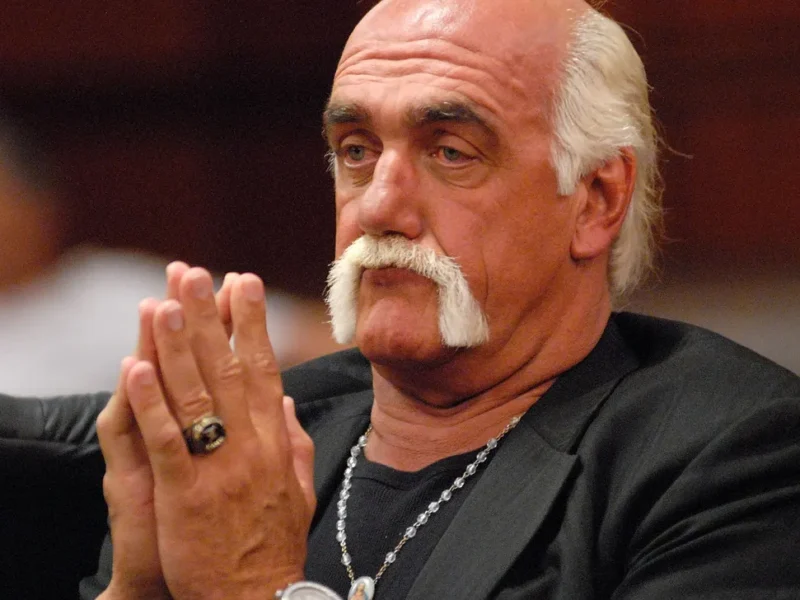Donald Trump has reignited international debate over Middle East diplomacy by vocally supporting Israel and denouncing UK Labour leader Keir Starmer for suggesting recognition of a Palestinian state. The former US president sharply criticized Starmer’s recent comments during a meeting in Scotland, asserting that such a move would “reward Hamas” and undermine prospects for lasting peace.
Speaking from Washington, Trump described Starmer’s stance as “a gift to terrorists” and accused the UK Labour leader of aligning with groups that have destabilized the region. His remarks came just weeks after Israeli Prime Minister Benjamin Netanyahu nominated Trump for the Nobel Peace Prize, highlighting the ongoing political synergy between the two conservative leaders.
Is Trump using foreign policy to assert his political brand?
Trump’s latest statement not only reinforced his unwavering support for Israel but also appeared designed to contrast his foreign policy approach with that of liberal European leaders. His critique of Starmer follows the latter’s suggestion during a private meeting in Scotland that a Labour government would move to formally recognize Palestinian statehood.
The former president stated, “Recognizing a Palestinian state at this moment, while Hamas is active and violent, sends the wrong message. It legitimizes terrorism and weakens our allies in the region.”
His comments were immediately echoed by US conservative commentators and pro-Israel lobbying groups, who lauded his consistency on Middle East policy. Trump’s record includes moving the US embassy to Jerusalem and brokering normalization agreements between Israel and several Arab states, moves which garnered both praise and criticism globally.
What does this mean for UK-US diplomatic dynamics?
Trump’s rebuke puts the spotlight on potential diplomatic tensions between a future Labour-led UK and a Trump-led US. While Labour officials downplayed the impact of the remarks, analysts suggest Trump’s influence could complicate the UK’s efforts to reshape its foreign policy, especially if he returns to the White House in 2025.
In response to Trump’s accusations, a Labour spokesperson emphasized that any future decision on recognizing a Palestinian state would be made “in pursuit of a just and lasting peace” and that such recognition would be part of a wider diplomatic initiative.
However, Starmer’s initial openness to the idea, without firm conditions or timelines, has sparked debate even within Labour ranks. Some MPs warn that premature recognition could alienate key allies or embolden factions within Palestinian politics.
Does Trump’s criticism carry real weight, or is it political posturing?
While Trump’s comments may not change UK policy directly, they resonate with a global audience, particularly among conservative circles and in regions with strong ties to Israel. His remarks serve to galvanize his base ahead of the 2025 US presidential race and underline his administration’s track record on Middle East diplomacy.
The timing is also strategic. With ongoing unrest in Gaza and renewed discussions around a two-state solution, Trump’s intervention signals a continued interest in shaping the narrative, even out of office. Netanyahu’s public praise, including the Nobel nomination, further cements the political alliance.
Whether Starmer’s Labour will adjust its policy remains to be seen. What is clear is that the Israeli-Palestinian conflict remains a potent touchstone in global politics, capable of triggering sharp transatlantic divisions.
Other News To Read


